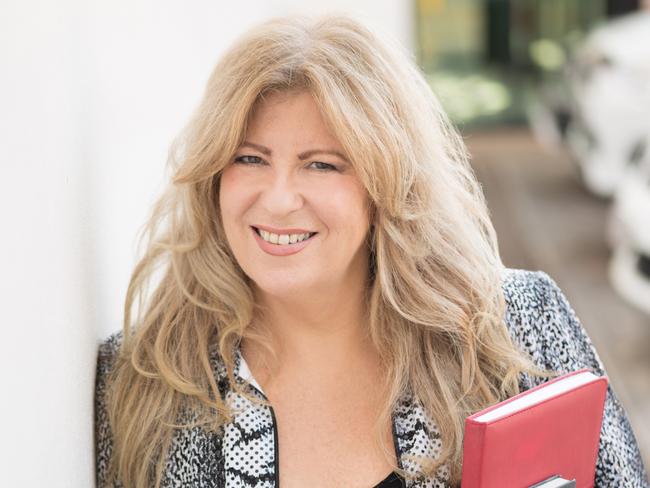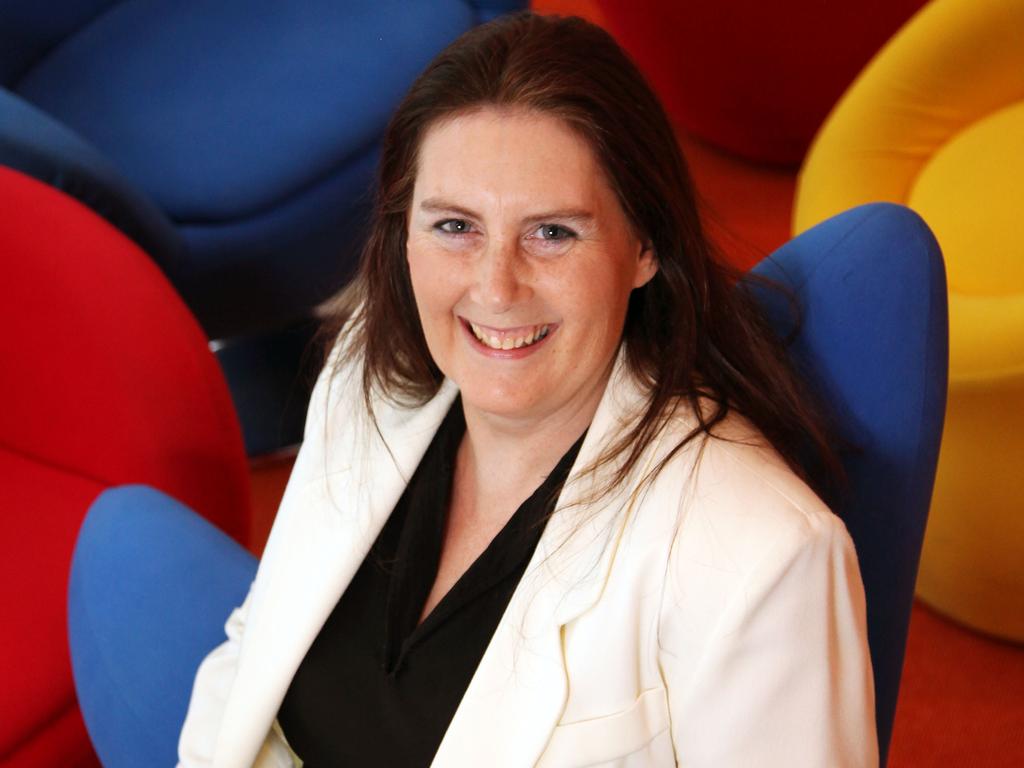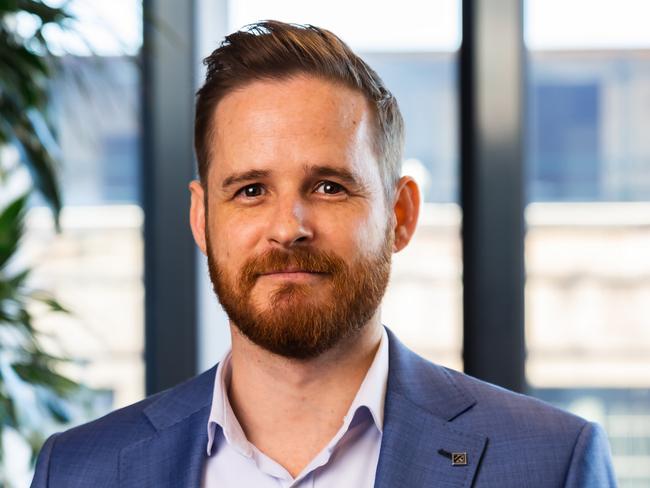Career change: what to consider and plan before moving into a new line of work
The COVID-19 pandemic has encouraged many Australians to reconsider their career path. Here’s what you need to do before making the leap.
Many people have been forced to reconsider their career path in the wake of the COVID-19 pandemic.
Perhaps their job no longer feels secure; their industry has evolved and no longer holds their interest; or they’re being pushed towards burnout and it’s no longer sustainable.
But completely overhauling a career and moving into a new line of work is not as easy as it may seem – and often requires strategic planning.

Career consultancy DARE Group Australia founder Sue Parker says employers are not always welcoming of career changers.
“Businesses are tunnel visioned – they believe no other industry knows their problems and therefore they are not open to career changers,” she says. “(If you want to break into a new industry) you have to know the problems of that company and ask yourself, ‘Can I solve them? Have I had previous experience solving similar problems?’ Then you have to explain with examples.”
Parker says successful career changers – and jobseekers in general – make the employer feel comfortable about hiring them.
“Give the hiring company comfort that you know your chops,” she says.
“People don’t want to make a wrong decision. The more comfort you can give … the more they are going to be invested in your solutions and you as a person.”
HR Development at Work principal consultant Bridget Hogg recommends anyone considering a career change should start with research and self reflection.
“Many people don’t take the time to really visualise in detail what their future plan will look like,” she says.
“Understand what is the new job you think you want. Get a clear picture of what you would be doing Monday to Friday, or perhaps do some work shadowing or get work experience in that area so you know what it is like. The clearer the picture you have of the future you are moving toward, the easier it is to move towards that future.”

Hogg says aspiring career changers can talk to a career adviser or visit websites such as joboutlook.gov.au to understand the options available to them.
Hogg herself runs career transition program Next Steps for jobseekers aged 50 plus – many who are looking to move into a new field.
The workshops are free for eligible South Australians, but can be attended virtually from anywhere in Australia for a small cost.
“I think COVID-19 has given people a chance to stop and think, ‘What do I want for the rest of my life?’,” she says. “If you have to prioritise financial security, sometimes changing career can negatively impact on your finances, at least in the short term.
“If you’re prioritising happiness and personal satisfaction, it is always a good idea (to consider a career change).”
MORE:
How and when to follow up on a job interview
Why now is the time to ask for a four-day work week
Job site Indeed’s head of career insights Jay Munro says aspiring career changers should also assess their transferable skills – those useful across different jobs and industries.
“Some common transferable skills include strong communication, organisation, adaptability, problem solving, analytical thinking, teamwork and tech literacy,” he says.
“For example, someone with experience in retail might be well suited for a customer service role thanks to their excellent communication skills and competency in conflict management.”

White Lady Funerals Tanah Merah location manager Kate Farrow made a career change three years ago, swapping the gambling industry for the funeral industry.
She had spent about 10 years in digital marketing, sales and business development roles but was beginning to feel “very soulless”.
Farrow, 29, says she was able to highlight her management and customer service skills.
“It’s not only meeting the expectations of your client or customer but exceeding those – every industry can resonate with that.”
Farrow says there are no formal qualifications required to work in the funeral industry as all training is provided on the job.

BEFORE MAKING A CAREER CHANGE …
DO identify your skills, values and interests.
Consider what’s important to you and whether your new career will align with that, otherwise you will risk finding yourself conflicted down the track.
DO consider the requirements.
Does the role require specific training or qualifications?
Will you be expected to travel frequently, or move locations altogether?
What will be expected of you as an employee?
DO create a plan of action.
Research (the industry), identify your transferable skills, create a list of potential roles, and consider who will be able to provide you with references.
If your new career requires specific training, now is the time to enrol yourself.
It’s also a good time to reach out to your professional network for advice and helpful connections.
DON’T forget your resume.
Update and customise your CV and online jobseeker profiles before you begin applying for new roles.
It’s also a good time to update your LinkedIn profile, and begin following groups or relevant people in the industry.
DON’T skip the research.
If you’re planning to enter a whole new industry, it’s worth reading
key industry publications and
news sites so as to familiarise yourself with what leading individuals or organisations in
the field are doing.
It will help you learn more about your potential new career, and will help you decide if it’s truly something you wish to pursue.
DON’T rush into it.
A successful career change will leave you feeling accomplished and fulfilled, but rushing down a wrong path can lead to regret.
Give yourself time to research, plan, and prepare for the new journey you’re embarking on.
Source: Indeed head of career insights Jay Munro


